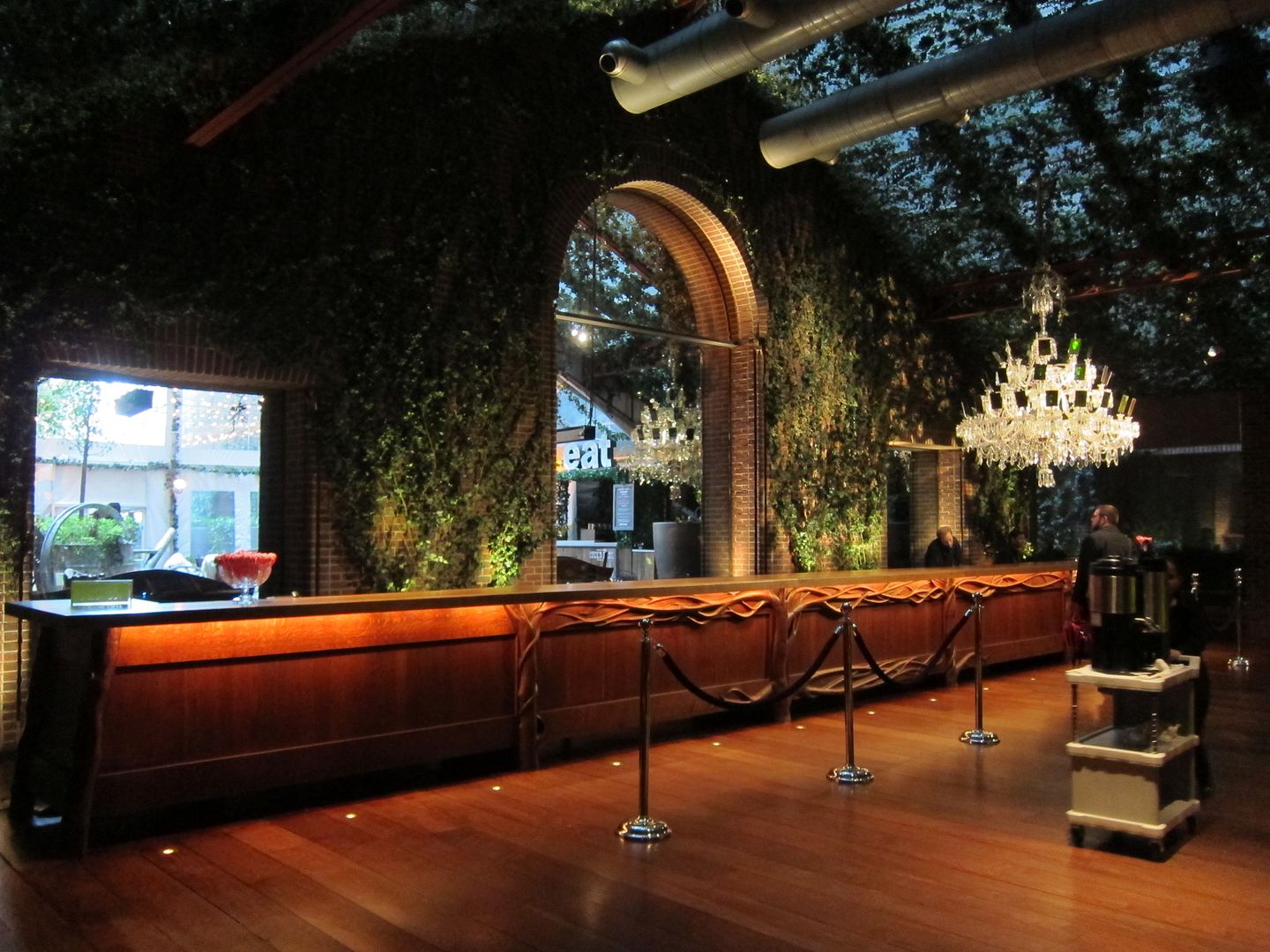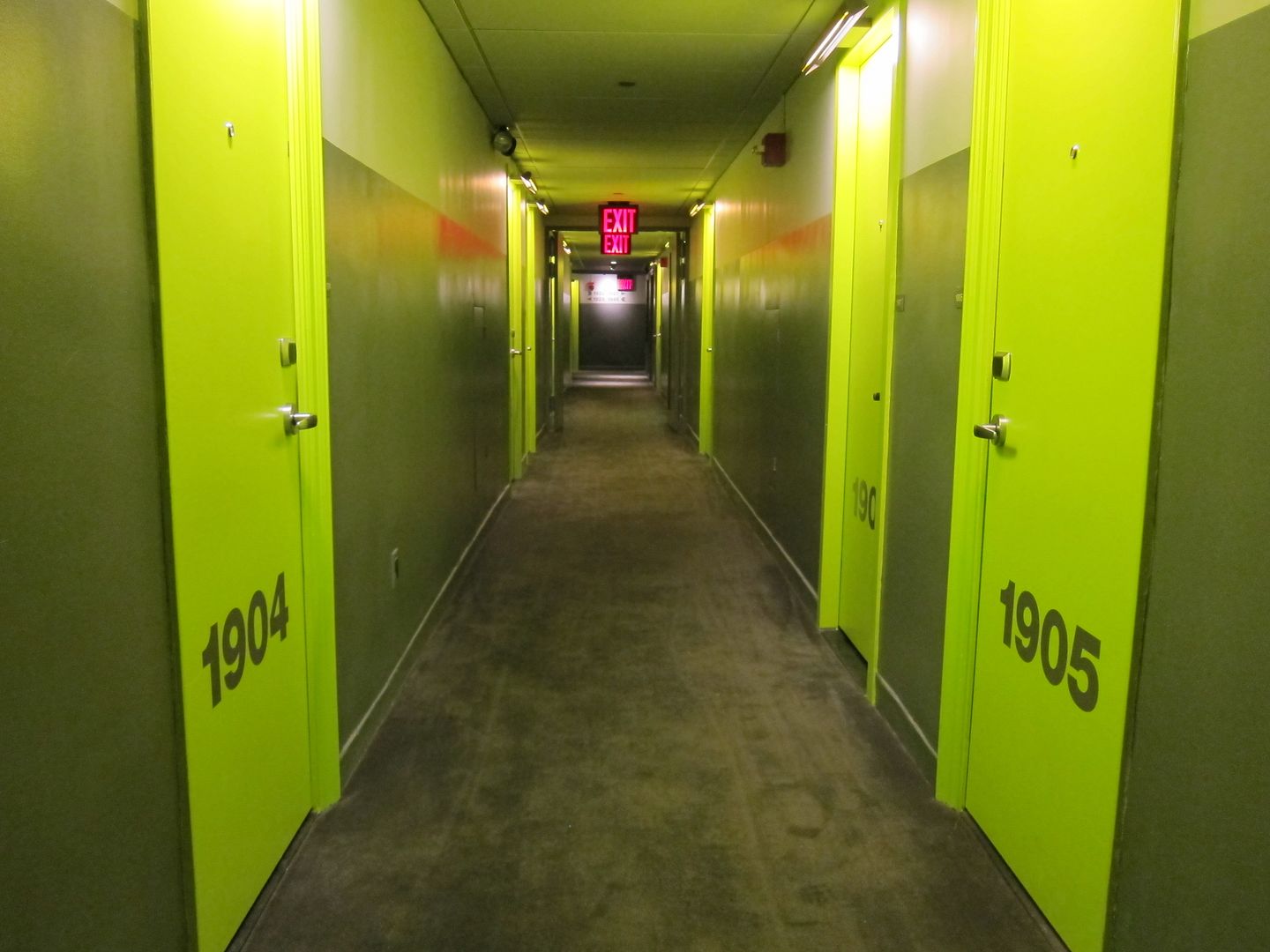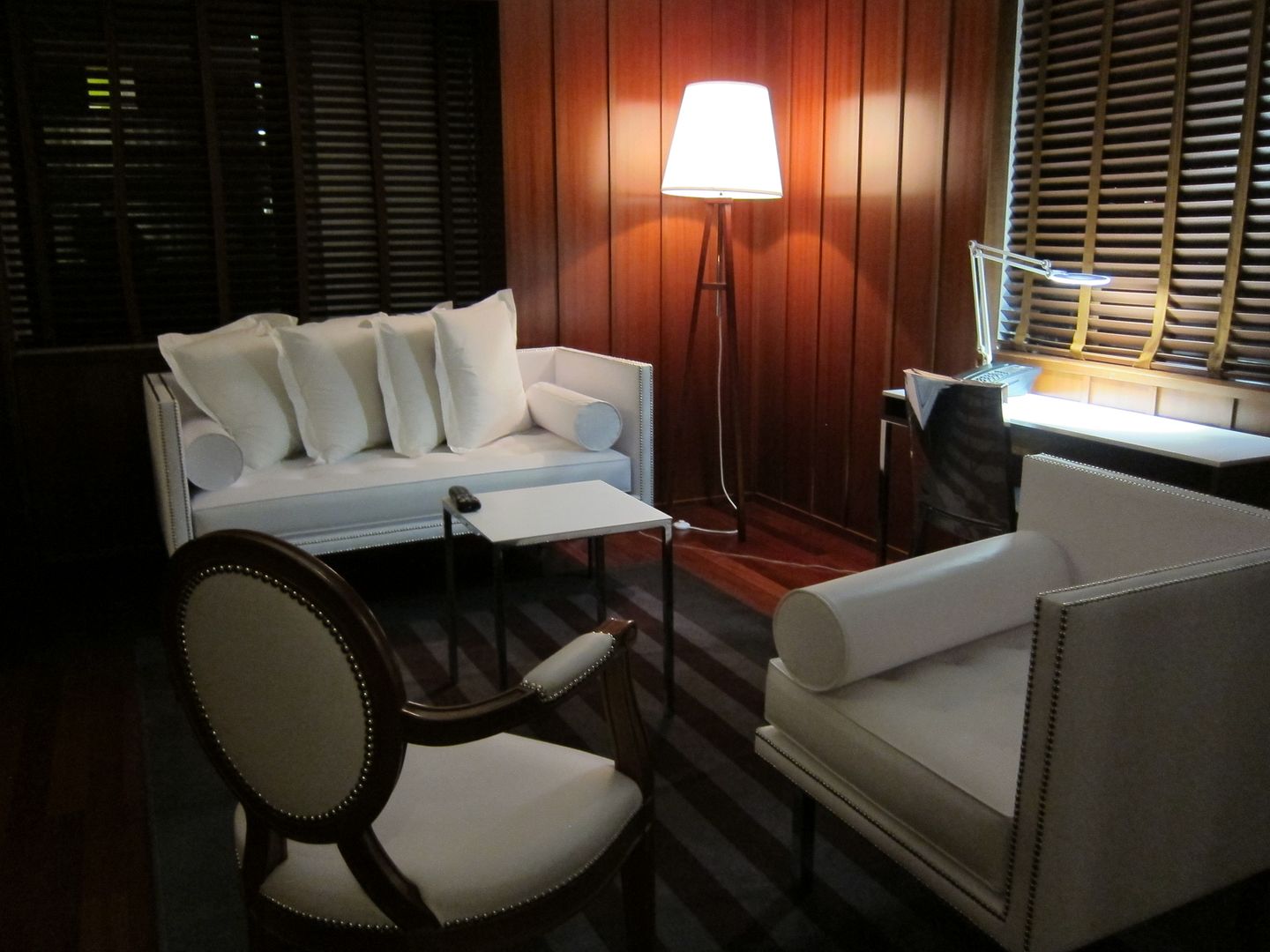Booking.com admits listing the Hudson Hotel in New York more than once under slightly different names with different star ratings, to see whether customers bookings would be any different.
Although the hotel says the prices should have been the same, reports are that when listed as a four star property it was several dollars more expensive per night than when listed as a three star property. Booking.com may have charged some customers more even when they were listing the same hotel at a lower price.

Booking.com won’t say how many people this happened to, or how long they were running the test for.
When asked about the discrepancy, Booking.com said:
“This hotel is currently part of a test looking at how different star ratings affect guest bookings and guest experiences. It is the same hotel, you are correct. The different prices reflect the different star rating they are listed with.
“If you wish to make a booking, please choose the one which suits your needs better. You will pay the price it says on your confirmation email.”
As a data analytics guy I’m fascinated by this and would love to have access ot the numbers.
This test underscores, though, how star ratings assigned to hotels are largely meaningless — when Booking.com is equally happy to portray the same property as a three-star and a four-star just to see whether how manipulating the data would influence purchasing behavior.
I’d consider the Hudson Hotel to be a three star by U.S. standards and a four star by European standards.
I stayed there while taping The Colbert Report. Perhaps ironically it featured miniature furniture to make the room look bigger.


Booking.com, which was purchased by Priceline in 2005, is now the source of a majority of The Priceline Group’s profits.
(HT: S.)


Interesting…
A couple years ago, I booked a 2.5 Star hotel on Hotwire’s masked service, only to “reveal” a hotel they listed at 2 stars in the standard listings.
It was for a small town that only had one hotel listed at 2.5 stars in their standard listings, and incidentally I had chosen 2.5 stars as much to avoid all of the 2-star hotels as because I wanted the particular 2.5 one.
When I called to complain they tried to tell me the star ratings were different for the different functions of the website and should not be expected to match. Dirty. Dirty. Dirty.
The next step will be to begin selling hotels alternate star ratings. Effectively making star ratings fake and eliminating any truth. Booking.com should be ashamed.
Orbitz does the same thing. Their favorite toy to place with, is Ellis Island in Vegas. It has two listings, different piks, usually different prices.
current screenshot:
http://i.imgur.com/dbe7VP8.jpg
Sounds like fraud to me. Whilst I recognize that hotels can have different ratings from different raters, deliberately adding a star for the purposes of charging more money, even if it is only a test, is fraudulent.
Aha, this explains a lot! Out of so many independent hotels in New York, I happen to notice the Hudson – not because I have ever stayed there at all, but because it always come up interesting and noticeable in the search results every time I tried to book a hotel in NY using Priceline. Now I know it is a part of a plot and I was one of the many naive and unwittting survey participants…
You know what this is?
This is cheating, old fashioned cheating.
I have booked hotels through Booking.com for a few years now.
But it they are going to manipulate their Star Rating in order to jack up prices, I will not patronize them. I just hate a cheater.
This strikes me as really dishonest. Of course price discrimination isn’t new and isn’t in and of itself wrong – airlines have various means of trying to charge different prices for the same seat (although the industry is moving in the direction of “pay for what you want”). But actually manipulating the star rating to charge a higher price is another thing altogether. I won’t be using booking.com going forward – because if they pull this kind of thing, who knows what else they’re doing behind the scenes?
This article and all the comments are further examples of how hotels are nothing more than “let’s milk the customer” for everything that we can get away with businesses.
I just came back from a few days at the MGM Grand in Las Vegas.
Here are some slogans that I strongly recommend they use to avoid disappointing their customers:
Your comfort is really of no concern to us.
Any request is one too many.
If at all possible we will deny your requests.
Any way we can, we will milk our customers.
Why would we be interested in improving our services?
Booking also doesn’t guarantee their reservations and pricing. I had a confirmed stay in the Galapagos and the hotel/booking.com cancelled it. Booking blamed the hotel, the hotel — booking.com. The actual room remained available for over a month after it was cancelled so it wasn’t about it not being available. After cancellation, booking offered to book me in a worse place at a higher price. Airbnb it was.
I will no longer rely solely on a Booking.com rating. I researched on the site for a hotel in Pula, Croatia. City Rooms had dozens of 9+ ratings, with some extolling it as if it was the greatest hotel in the world. It turned out to be such a dump, we didn’t even stay. A/C inadequate; our room was a third-floor walkup (no disclosure of a lack of an elevator. Room was tiny. Just a bad scene. Now I will only book through Booking.com if a reputable rating group (such as Michelin) has independently rated the facility.
I use Booking.com for nearly all my on-line bookings. I don’t so much bother with their listed star ratings, but rather read the reviews.
The reviews will tell you what star rating the hotel actually has, as people will say that it wasn’t a really say a four star hotel, but rather a three or a two star. Read several comments like that, and you know something is wrong with the place – though the occasional such comment is often someone just whining or exaggerating, and is totally at odds with the other reviewers.
I can’t say I’ve ever been surprised with what I found at any hotel I’ve stayed in using Booking.com. The reviews paint a pretty good picture of what one gets.
Now, if Booking.com started manipulating the customer reviews, that would be very problematic. I wonder what they did with the reviews when they were running their “test” with the star rating? The article doesn’t say.
If they kept the exact same reviews, at each listing for the same hotel with the different names assigned to it, then fine. If instead they altered the reviews, I opine that there could be very serious consequences for violating some consumer law or other.
Regards.
Hi Gary,
A couple of months ago I’ve deployed a Chrome extension called “No Stress Booking” that “blocks” all these messages. It also supports other annoying booking sites.
Would love to hear your thoughts 🙂
https://chrome.google.com/webstore/detail/no-stress-booking/kkfmoaflbacidmgmkddkhjfdepckmggg